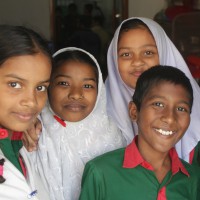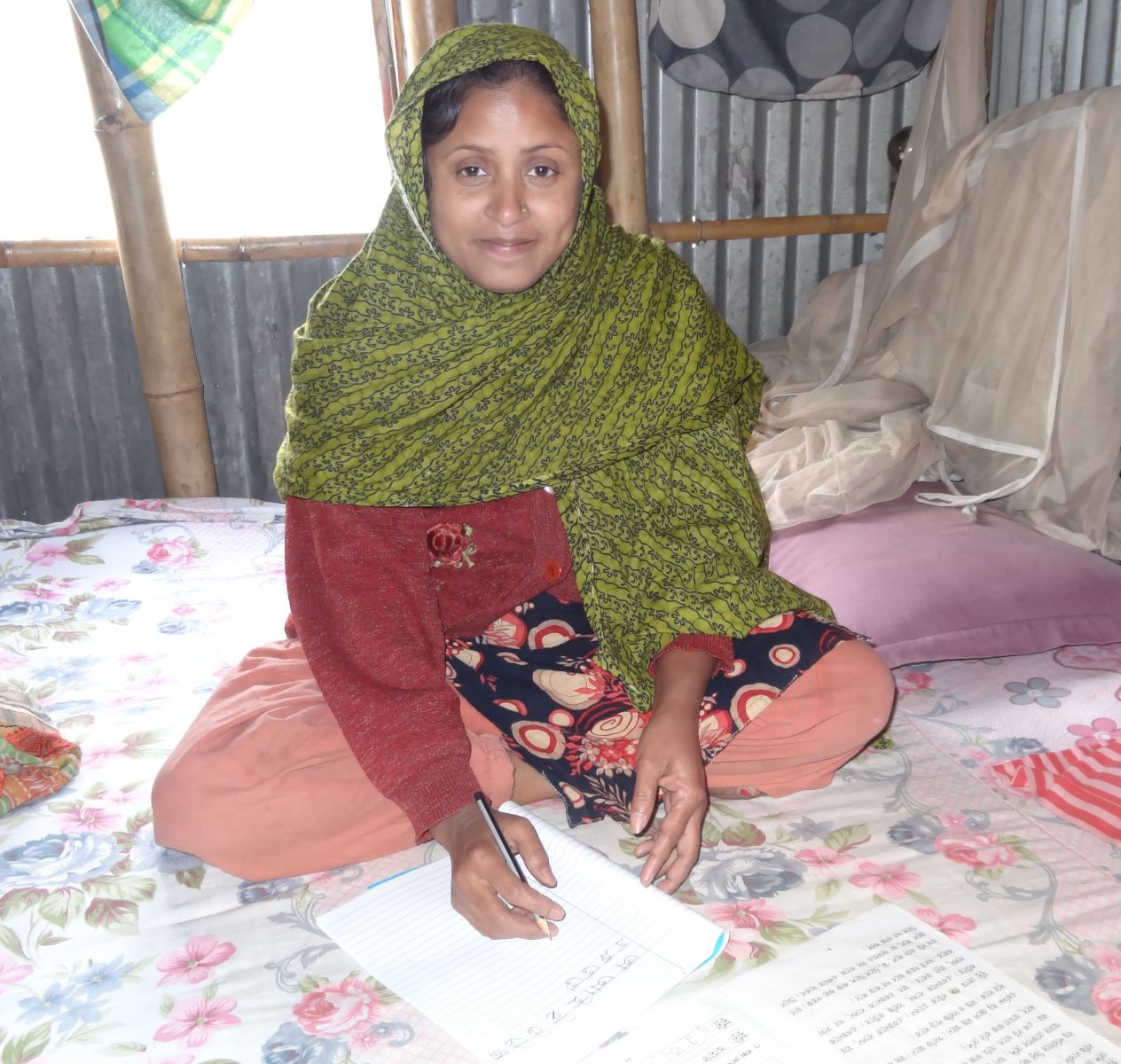Bangladesh, South Asia’s gender-equality champion?

What comes to mind when you hear the word Bangladesh? Extreme population density and poverty? Floods? Rohingya? Or maybe “Made in Bangladesh” on the label of your favourite T-shirt, jeans or shirt? Yes, it’s all Bangladesh, a country of extremely hardworking people. But what you may not have known is that Bangladesh is also a country that puts a lot of emphasis on education and equality for women.
Gender equality
The Global Gender Gap Report ranks Bangladesh the 50th out of 153 countries assessed. And since all the surrounding countries remain behind the 100th position, Bangladesh becomes the real champion among them in this ‘discipline’. Women have been very successful in politics in Bangladesh in the last few decades. Even this Muslim country has a woman prime minister. In addition to gender equality, its government is also working to ensure access to primary education, reduce early mortality among women and raise awareness of women’s rights. And NGOs, including the humanitarian organisation ADRA, have been a valuable help in these efforts.
Chalantika Education Centre
ADRA Czech Republic has been working in Bangladesh since 1999. For more than 20 years, it has been providing education, food and medical care to children from poor families through its BanglaKids programme. In 2013, ADRA Czech built its own slum education centre. It is located in the Bangladeshi capital Dhaka, in the slum of Chalantika. The education centre is a place where girls and boys from the slum receive education, nutritious hot lunches and basic medical care. It is a safe, clean and peaceful island of hope for 80 children. With education, they can get better jobs in the future and leave the slum.
Through the social worker Mrs. Shilpi, the Chalantika Education Centre helps not only children but also their families. Motivator Shilpi teaches mothers of children to read and write, organises sewing classes and various workshops (e.g. food preparation, disease prevention, child education). She also visits them regularly in their homes. They try to make them understand the value of education and are not reluctant to send their children to school, even if they have never been there themselves. And if a family is in a difficult situation, they can turn to Shilpi for help. Just like Helena did.
Story of Helena
Helena (27) is a mother of two children, daughter Jannatul (6) and son Akash (9). Helena comes from a poor farming family in the Barisal area of southern Bangladesh. At the age of 14, she moved to the capital city of Dhaka in search of a better life. She got a job in a textile factory, where she also met her future husband. After two years, they married. Helen could not get pregnant for a long time and her husband started beating her. Although she eventually bore her husband two children, their relationship did not improve. And so, at the age of 24, Helena had to leave her husband because of his aggressiveness. With her two young children, she was left all alone, without any income. She started working as a domestic worker, which was not compatible with caring for small children in the long term. The staff of the Chalantika Education Centre helped her through this difficult time. Helena took a course in embroidery, left an unprofitable and low-paid job and started earning money by working from home. She embroiders the traditional Bangladeshi women’s garment, the sari. She enjoys her work, She is now better paid and is able to provide basic necessities for her children.
Helena’s story reflects the problems faced by many Bangladeshi women. Financial dependence on men, no or little education and domestic violence. Often these women have no one to turn to. They have left their families at a young age and lack a background. They need the kind of help that Helen received from the Chalantika Education Centre.
Current challenges...
While gender equality statistics look favourable for Bangladesh, they are just numbers that fail to capture specific human stories. Behind Bangladesh’s promising score today is the strong representation of women in Bangladeshi politics. However, in terms of overall economic participation, health and education of the female population, Bangladesh is still at the tail end of the equality ladder. The country still has a long way to go to improve living conditions, and not only for women. In spite of this, the resilient and extremely hardworking people here retain their faith, positive mindset and a smile on their faces.
(published in ADRA Europe newsletter April 2021)
Do you want to support Bangladeshi women and children? Donate right now!




